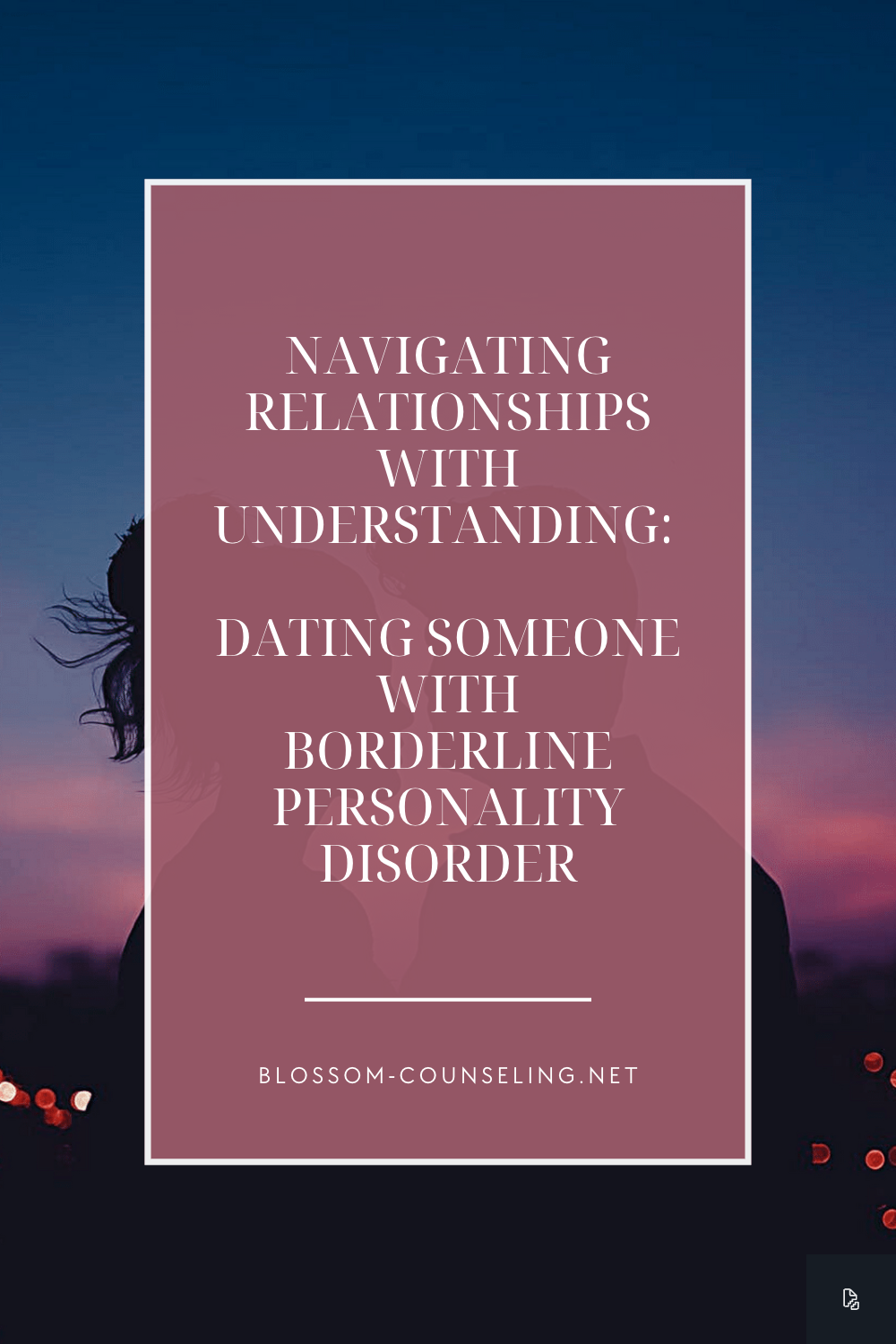
Relationships can be beautiful and complex, especially when one person involved has Borderline Personality Disorder (BPD). We’ll provide insights, strategies, and tips to foster a healthy and fulfilling relationship while supporting your partner’s mental health needs. So, grab a cup of empathy, and let’s dive in with open hearts and minds.
Understanding Borderline Personality Disorder:
Borderline Personality Disorder is a mental health condition characterized by intense emotional experiences, difficulties with impulse control, unstable self-image, and challenges in maintaining stable relationships. It’s important to approach this topic with empathy, recognizing that BPD affects individuals in different ways and that every person is unique.
1. Educate Yourself:
Take the time to learn about Borderline Personality Disorder. Understanding the symptoms, triggers, and challenges associated with BPD can help you navigate your partner’s experiences with compassion and empathy. Educating yourself will also assist in debunking any misconceptions or stigma surrounding the condition.
2. Practice Open Communication:
Healthy communication is essential in any relationship, but it becomes even more crucial when BPD is involved. Encourage open and honest dialogue, allowing your partner to express their thoughts and emotions without judgment. Active listening and validating their experiences can foster a deeper connection and build trust.
3. Set and Respect Boundaries:
Establishing clear boundaries benefits both partners. Understand your own boundaries and communicate them effectively. Likewise, encourage your partner to express their needs and boundaries. Respect each other’s limits and work together to find compromises that support both your well-being and your partner’s mental health.
4. Practice Self-Care:
Supporting your partner’s mental health is important, but don’t neglect your own well-being. Engage in self-care activities that recharge you mentally, emotionally, and physically. Seek your own support system, which may include friends, family, or a therapist, to help you navigate the challenges you may encounter.
5. Encourage Professional Help:
While you can offer support, it’s important to recognize that professional help is often necessary in managing BPD. Encourage your partner to seek therapy or counseling with mental health professionals who specialize in treating BPD. This can provide them with the tools and strategies needed to cope with their emotions and develop healthier relationship patterns.
6. Emphasize Emotional Validation:
Validation plays a significant role in maintaining a healthy relationship with someone who has BPD. Acknowledge and validate your partner’s emotions, even if you may not fully understand or agree with their perspective. This validation helps them feel heard, understood, and less alone in their experiences.
7. Patience and Understanding:
Living with BPD can be a rollercoaster of emotions, and it may take time for your partner to find stability. Patience and understanding are key in navigating the ups and downs. Recognize that their emotional responses may be more intense or fluctuating, and practice empathy rather than judgment.
Dating someone with Borderline Personality Disorder can present unique challenges, but with understanding, empathy, and open communication, you can foster a loving and supportive relationship. Remember, everyone’s journey with BPD is different, and it’s important to be flexible and adapt to the specific needs of your partner. Embrace the opportunity for growth, both individually and as a couple, and celebrate the resilience and strength that comes with navigating these complexities together.
So, let’s approach relationships with empathy, educate ourselves, and foster a connection built on love, understanding, and support. Together, we can build relationships that are rooted in compassion, acceptance, and growth.
|
|




